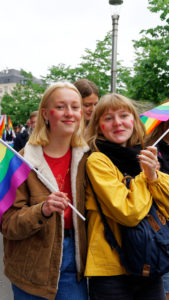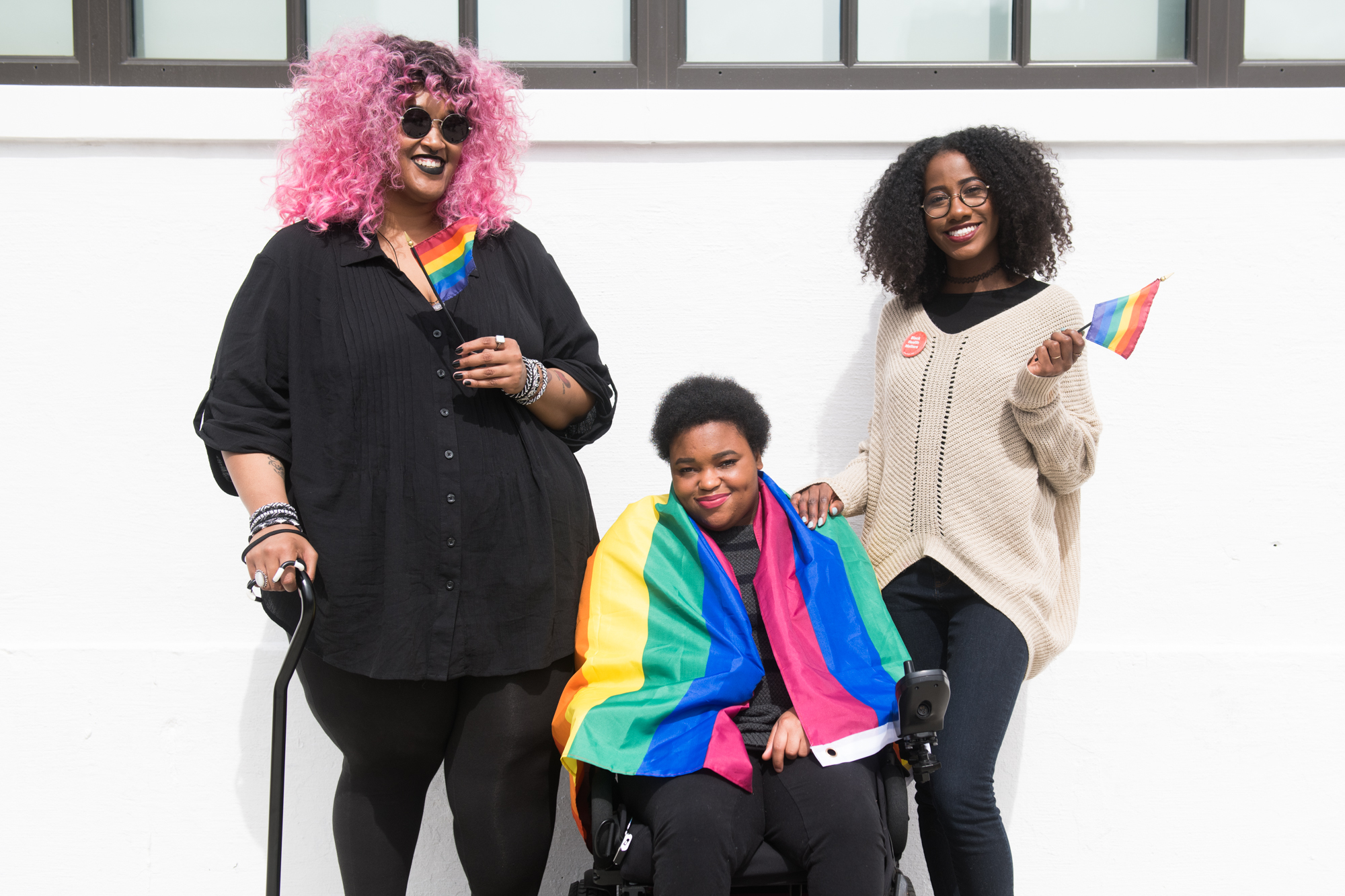Not only do teens get bullied, harassed, and assaulted every day because of homophobia, but schools often choose to be blind to it all, brushing it off as if it were nothing. It starts in elementary school, when kids call other kids “gay” as an insult, or say “that’s so gay”. What seems like a harmless comment that has been said for as long as your grandparents can remember tells kids that it’s bad to not be straight, and that they should hide it because they could be seen as wrong, strange, or even gross. When schools turn their heads to these little acts of homophobia, it can lead to bigger issues, like harassment and violence. Sometimes kids don’t even know that it’s wrong. Who am I kidding, I even used to say it. I didn’t know any better, and before I learned about the LGBTQ community, I just thought it was a funny joke, simply because no one ever told me it wasn’t funny at all.

Once teenagers get to high school and start to discover who they are, as well as their sexuality, it can be quite difficult to manage their feelings, let alone the feelings of others. As they realize who they are, they also realize that society might not accept the true them, and that they could face a whole lot of discrimination and hate. I hear homophobic comments almost every day. They aren’t necessarily directed at me, however they still affect me. I hear the boys in school make insulting gay jokes, making fun of other kids for their sexuality. It makes me feel small, almost like I know that there will always be people who hate me, hate others, just for being ourselves.
I have a friend who is also a part of the LGBTQ community. She came home from school one day, and I immediately knew something was off. I asked her what was wrong, and she kept saying nothing. I let a few hours pass by but I started to worry about her, so I asked again. She had finally told me that some boy at her school had called her a homophobic slur and, after she told me, she was in tears. Most people know that calling someone a slur is offensive, but often don’t know how much it can hurt. People who don’t live through it don’t seem to realize how bad it can get. Often teenagers already battle anxiety and sometimes depression, along with many other mental health issues. The last thing they need is to be harassed daily for simply being themselves.
Furthermore, Newport Academy completed a study that concluded that homosexual teens are 3.5 times more likely to attempt suicide than their heterosexual peers, and that transgender teens were 5.87 times more likely than their cisgender peers. On top of that, the national Youth Risk Behavior Survey (YRBS) found that 40% of highschool students who identify as LGBTQ have seriously considered suicide. Now you may ask, why are LGBTQ teens vulnerable to suicide? It is not only from bullying, but many teens experience rejection or lack of support from their family members more often than their heterosexual peers. 40% of homeless youth are LGBTQ teens who have been kicked out or who left home due to negative relationships. In addition, the feelings of isolation or “otherness” that often come with adolescence may be magnified for homosexual teens. Moreover, stigma and threats of violence from peers and society at large further impact their mental health. Studies have shown the challenges of coming out to family and friends were too much to handle, and that family problems also contributed to suicides.
Finally, there is the aspect of sexualizing LGBTQ teens or adults, specifically girls. Often times, boys or men will find it “hot” or “attractive” for girls to kiss or perform other sexual acts. Being female as well as being a part of the LGBTQ community is not a fetish nor for the pleasure of others, and being perceived that way is frankly terrifying for young girls.
Let’s be honest, homophobia isn’t disappearing any time soon. It will always be present, and it will always affect millions of people. However it’s important to know the impact it has on members of the LGBTQ community, especially young students. These are only just kids, and being accepted and loved is a crucial aspect of their lives as they’re growing up.
Image credits: Disabled and Here and Miguel Discart

